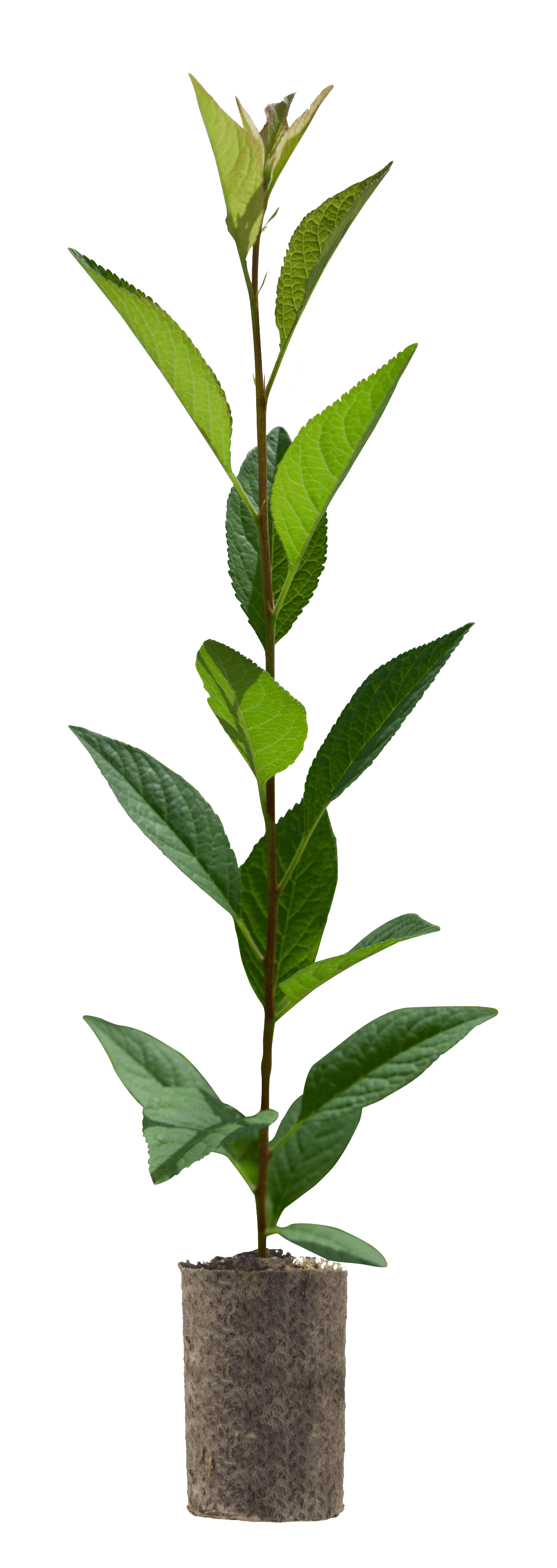
Agronomic Characteristics
Low, around 40–50% less than GF–677.
Good with varieties of peach, nectarine, Japanese plum and almond. Compatible with some varieties of apricot, although more information is needed about its affinity with more varieties.
Erect and compact.
High.
Results in very good fruit size and quality. Advances ripening in most varieties.
Very adaptable to all production conditions, both in warm and colder climates.
Ideal for SHD high-density plantations. Good adaptatio to heavy soils and colder areas.
Resistances and tolerances
Cold
Tolerant
Chlorosis
Moderately tolerant
Root-knot nematodes
Moderately tolerant
Agrobacterium tumefaciens
Sensitive
Rosellinia necatrix
Tolerant
Root asphyxia
Highly tolerant
Salinity
Moderately tolerant
Root-lesion nematodes
Unknown
Armillaria mellea
A certain degree of tolerance is sensed
Record in the Community Plant Variety Office (CPVO)
Variety name
Densipac
Record nº
2011/1062
How can we help you?
Fill the form and contact us
The data and results shown in these graphic resources are made for informative purposes only and it is not guaranteed to they will be achieved in all cases, due to several facts influencing plant growth such as climatic and geographical circumstances, soil characteristics, as well as use conditions and agricultural habits.